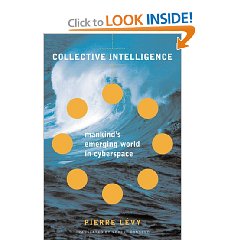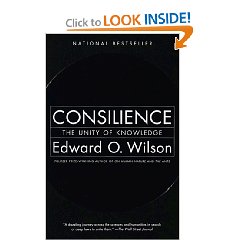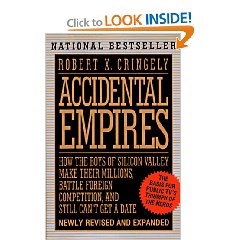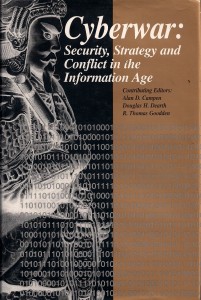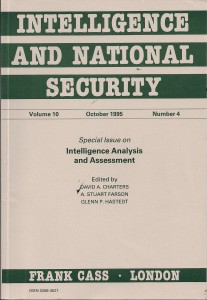Review: Knowledge Without Boundaries–What America’s Research Universities Can Do for the Economy, the Workplace, and the Community
4 Star, Change & Innovation, Culture, Research, Economics, Education (General), Information Operations, Information SocietyAn industrial sociologist by training, now Associate Vice Chancellor for Extended Studies and Public Service at the University of California, San Diego (UCSD), Walshok begins by challenging universities, exploring the social uses of knowledge, assessing the new knowledge needs of diverse populations, and providing a matrix approach to matching university resources to community knowledge needs. In the second half of the book she focuses on special economic, human, and civic benefits, and ends with her bottom line: neither communities, nor universities, can learn in isolation.

Review: Consilience–The Unity of Knowledge
5 Star, Best Practices in Management, Change & Innovation, Complexity & Resilience, Consciousness & Social IQ, Education (Universities), Environment (Solutions), Future, Information Society, Intelligence (Collective & Quantum), Intelligence (Public), Intelligence (Wealth of Networks)Comment: This is still one of the best books for someone who wants to think deeply about knowledge. Below are links to some others I recommend.
Our answer to Levy, but an order of magnitude more practical and steeped in some of the best endnotes I've ever enjoyed. Consilience is the “jumping together” of knowledge across boundaries, and the greatest enterprise of the mind. He begins with an example, showing how biology, ethics, social science, and environmental policy must all come together to properly resolve a global environmental issue, but actually do not-the learned individuals are fragmented into four separate communities, and within those communities further fragmented into nationalities and cliques and jobs, and it is our greater loss for we cannot arrive at the best policy without being able to integrate the knowledge across all these boundaries. He emphasizes that the public must be educated and have access to this unified knowledge, not just the policymakers. He poses, and then answers across the book, this question: “What is the relation between science and the humanities, and how is it important to human welfare?” In my own mind, Edward O. Wilson has defined both national and global intelligence writ large, and done so in way that suggests the “virtual intelligence community” is a very practical and achievable vision.
The Future of Life
The Wealth of Networks: How Social Production Transforms Markets and Freedom
The Wealth of Knowledge: Intellectual Capital and the Twenty-first Century Organization
Revolutionary Wealth: How it will be created and how it will change our lives
Powershift: Knowledge, Wealth, and Power at the Edge of the 21st Century
Infinite Wealth: A New World of Collaboration and Abundance in the Knowledge Era
The Age of Missing Information
Forbidden Knowledge: From Prometheus to Pornography
Smart Mobs: The Next Social Revolution
Information Productivity: Assessing Information Management Costs of U. S. Corporations
Review: Accidental Empires–How the Boys of Silicon Valley Make Their Millions, Battle Foreign Competition, and Still Can’t Get a Date
4 Star, Capitalism (Good & Bad), Change & Innovation, Culture, Research, Economics, Information Society, Information Technology1996: CREATING A SMART NATION: Strategy, Policy, Intelligence & Information
Articles & Chapters, Asymmetric, Cyber, Hacking, Odd War, Best Practices in Management, Change & Innovation, Complexity & Resilience, Consciousness & Social IQ, Decision-Making & Decision-Support, Democracy, Education (General), Education (Universities), Information Operations, Information Society, Information Technology, Intelligence (Collective & Quantum), Intelligence (Commercial), Intelligence (Government/Secret), Intelligence (Public)1996 GIQ 13/2 Creating a Smart Nation: Strategy, Policy, Intelligence, and Information
Articles & Chapters, Best Practices in Management, Change & Innovation, Complexity & Resilience, Consciousness & Social IQ, Decision-Making & Decision-Support, Democracy, Education (General), Education (Universities), Environment (Solutions), Intelligence (Collective & Quantum), Intelligence (Commercial), Intelligence (Government/Secret), Intelligence (Public), Intelligence (Wealth of Networks)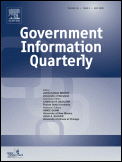
“SPECIAL FEATURE: Creating a Smart Nation–Strategy, Policy, Intelligence, and Information,” pp. 159-173

